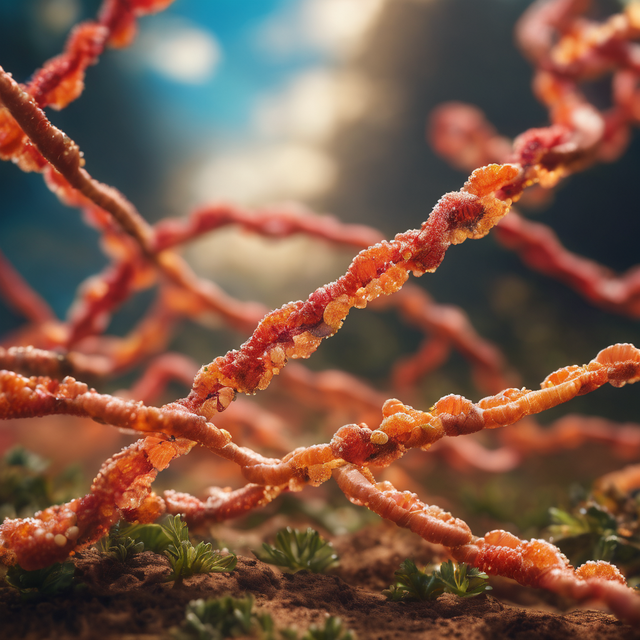The 2023 Nobel Prize in Physiology was awarded for the research that led to the development of mRNA vaccines for COVID19. mRNA stands for messenger Ribonucleic Acid, a form of nucleic acid that carries genetic information. These vaccines attempt to activate the immune system to produce antibodies that help counter an infection from a live virus.
mRNA offers important safety advantages. While most vaccines use weakened or dead bacteria or viruses to evoke a response from the immune system. mRNA vaccines only introduce a piece of the genetic material that corresponds to viral proteins. Therefore the mRNA vaccine does not expose people to the virus itself. Such vaccines are fully synthetic and do not require a host for growth, for example eggs or bacteria. They can be produced faster, cheaper and in more standardized fashion, which improves responsiveness to outbreaks.
mRNA vaccines are different in some key ways. A piece of DNA must be converted into RNA, for a cell to be able to manufacture the spike protein. A challenge with mRNA vaccines is that they need to be frozen from -90 degree Celsius to -50 degree Celsius. A major advantage of mRNA and DNA vaccines is that it is possible to quickly update these vaccines to emerging variants and to even use them for a variety of diseases.
The success of these vaccines must promote researchers to use mRNA and DNA based methods for improvising vaccines to other deadly diseases.
